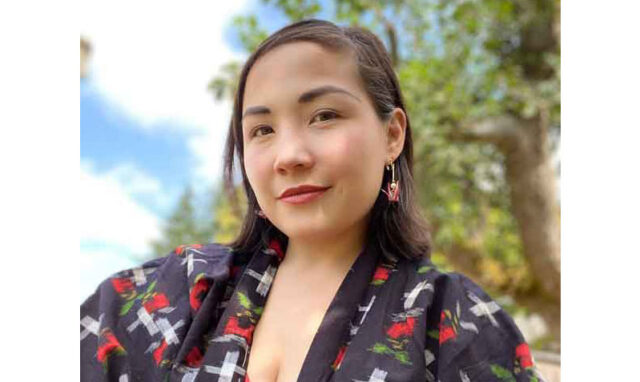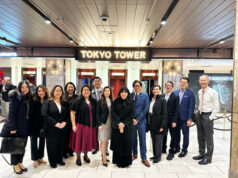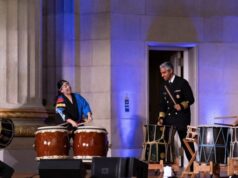By Gabrielle Nomura Gainor, for the North American Post
I am the descendant of individuals who often did not get a voice. My mother gave birth to me at 18 with her high school boyfriend who was not willing or capable of being a father to me. And we have survived trauma–my grandfather was born in a concentration camp during WWII, simply because he is Japanese American.
As someone who understands what it means to have power taken away, I am determined that my daughters will have a voice in all things—particularly when it comes to what happens to their own bodies. That’s why I am so motivated to ensure we vote to Approve Referendum 90 and uphold Washington’s new and improved sex education law. As Washingtonians, we are lucky to live in a state that has high-quality, evidence-based standards for age-appropriate health and sexuality education. The new law would ensure that all schools provide information and skills to help students live healthy lives.
Giving young people access to more, not less, information about their health, social and emotional learning, and yes, about sex, will help them make more informed decisions in all aspects of their lives.
Sex and reproductive health are often considered taboo topics within our Nikkei and Asian-American communities. In many families, frank discussions do not happen and young people are left in the dark. One study found that half of young AAPI (Asian American and Pacific Islander) women surveyed feel uncomfortable talking to their mothers about reproductive health and more than one-third never discuss pregnancy, STI’s (sexually transmitted infections), or sexuality in their homes.
Washington State gives school districts flexibility to choose curricula that fits their communities. Parents are invited to review and help select curricula, and are also expressly given the option to opt their children out of sex education instruction.
Studies demonstrate age-appropriate sex education delays sex, prevents unintended pregnancy and sexually transmitted disease, and critically, drives down incidents of abuse. Misinformation about sex only makes worse existing health disparities for communities of color, putting our youth at higher risk of physical and mental health problems. We as Asian Americans need to stop stigmatizing sex education. We need to empower our children with the knowledge and tools to understand what’s healthy and what’s not—and to have the tools to find a trusted adult to talk to.
While my baby Mika is only nine months old, I am already engaging my almost-3-year-old Kiyomi in conversations about various aspects of the life cycle—such as death, for example—and I believe that sexuality is also a natural and important part of the human experience. We tell Kiyomi that she is “the boss of her own body,” and that it’s up to her if she hugs or kisses us, or any friends or family.
It’s important to me that my daughters understand consent. Consent is about more than granting permission, more than being able to say “yes” or “no.” It’s about learning to be in tune with one’s own body and spirit, to make choices that feel good, and to set healthy boundaries when needed. I want them to have all the agency that oppressive forces have taken away from their elders and ancestors. I cannot protect my babies from every evil that may come their way. But I can arm them with the resources and knowledge they need to become powerful women navigating the world with confidence.
I will be voting to Approve Referendum 90 because I desire a future of agency and empowerment for my children, and for all children.




